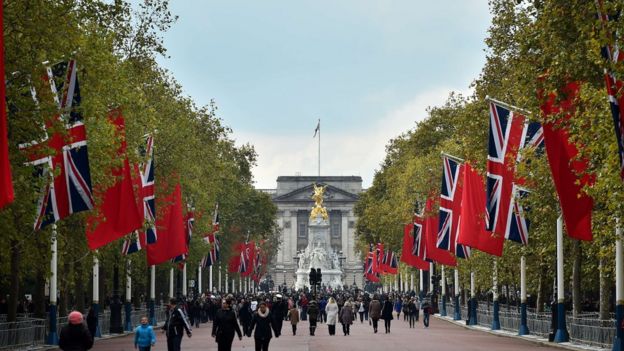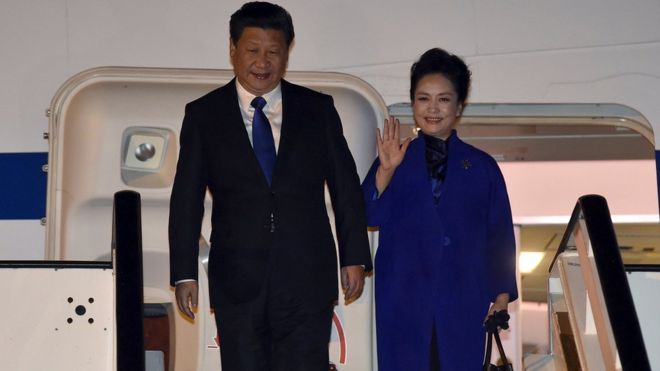Equation
Lieutenant General
Another China and other country joint venture in HSR victory.


JAKARTA, Indonesia (AP) — Officials from China and a domestic consortium signed an agreement Friday to build the first high-speed rail line in Indonesia after Japan lost in the bidding late last month.
The estimated $5.5 billion high-profile railway deal signed by China Railway International Co. Ltd. Chairman Yang Zhongmin and Dwi Windarto, the president director of a consortium of Indonesian state companies, PT Pilar Sinergi BUMN Indonesia.
China had been expected to secure the project in Southeast Asia's largest economy after Indonesian officials rejected Japan's requirement for a government guarantee of loans late last month.
Regional rivals China and Japan had been competing to construct the 150-kilometer (93-mile) Jakarta to Bandung high-speed line as part of 750 kilometers (466 miles) of new rail planned for Indonesia.
The Indonesian state-owned companies forming the joint venture agreement are a construction company PT Wijaya Karya, railway operator PT Kereta Api Indonesia, toll-road builder PT Jasa Marga, and a plantation company PT Perkebunan Nusantara VIII.
"We hope this new company will compete outside Indonesia for high-speed railway projects," said the joint venture chairman Sahala Lumban Gaol at the signing ceremony.
He said the construction is expected to begin early next year and completed in 2018. The trains are to start operating in early 2019 with eight stops, speeds of 250 kilometers (155 miles) an hour, and a fare of about $16.
The existing regular trains to Bandung, the capital of West Java province, take about three hours and cost about $8.
President Joko Widodo has ambitious plans to improve Indonesia's infrastructure, which could boost manufacturing and create hundreds of thousands of new jobs.
The competition between China and Japan for the rail project has been accompanied by many twists and turns as Indonesia weighed proposals and counterproposals.
China won the rights to build the high-speed railway after standing firm on not using Indonesian government money or requiring a government guarantee for loans.
China will hold 40 percent of the venture and the state-owned China Development Bank is to finance 75 percent of the project.
"We stand ready to work with Indonesia to ensure the quality and safety of the project," Yang told reporters, "We hold our commitment strongly since the beginning."



